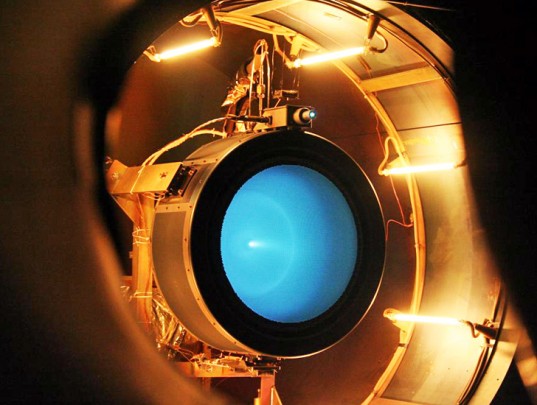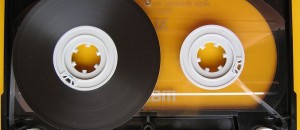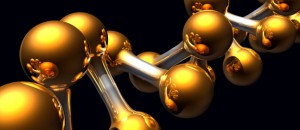Have you ever thought why some great engineer guy never designed an aircraft that flew solely on air without the need for petrol? Well, it appears your thoughts might one day become a reality. You see, scientists have always wanted to pull off something like this for a long time, but they were hampered by technology.
Fast forward to 2013 and a team of developers from MIT are working on what they call Ionic Wind Thrusters as an alternative to jet-powered engines. The new thrusters use ionic wind energy, something that is created when electricity passes between two electrodes. The stronger the wind current that passes between the two electrodes, the stronger the thrust provided.
For it to actually work as intended, one electrode has to be thinner than the other, along with a substantial amount of voltage. However, that is technical stuff you probably don’t care about. What you need to know is, these thrusters are essentially powered by wind — but it should be noted a electrical source is still needed to pass the initial current between two electrodes.
To top it off, the researchers at MIT say these thrusters are more efficient than traditional petrol-powered jet engines, generating 110 newtons per kilowatt vs 2 newtons per kilowatt. And they give off no heat signature, making them ideal for military purposes.
Now, it all sounds good and dandy on paper, but pulling it off is where the difficulties arise. According to assistant professor of aeronautics and astronautics at MIT, Steven Barret, a very large air gap is needed to lift a small aircraft and its power supply off the ground. However, Barret believes this problem could be solved by covering the entire aircraft in thrusters.
We hope the smart people at MIT pulls this off and make it a reality. If it happens, it is likely military aircrafts could become the very first vehicles to take advantage of Ionic Wind Thrusters. By the time this technology is available for consumer aircraft, we’d likely be on our way out of this world and into the next. And by that I mean Mars or Neptune, not death.

 Email article
Email article




